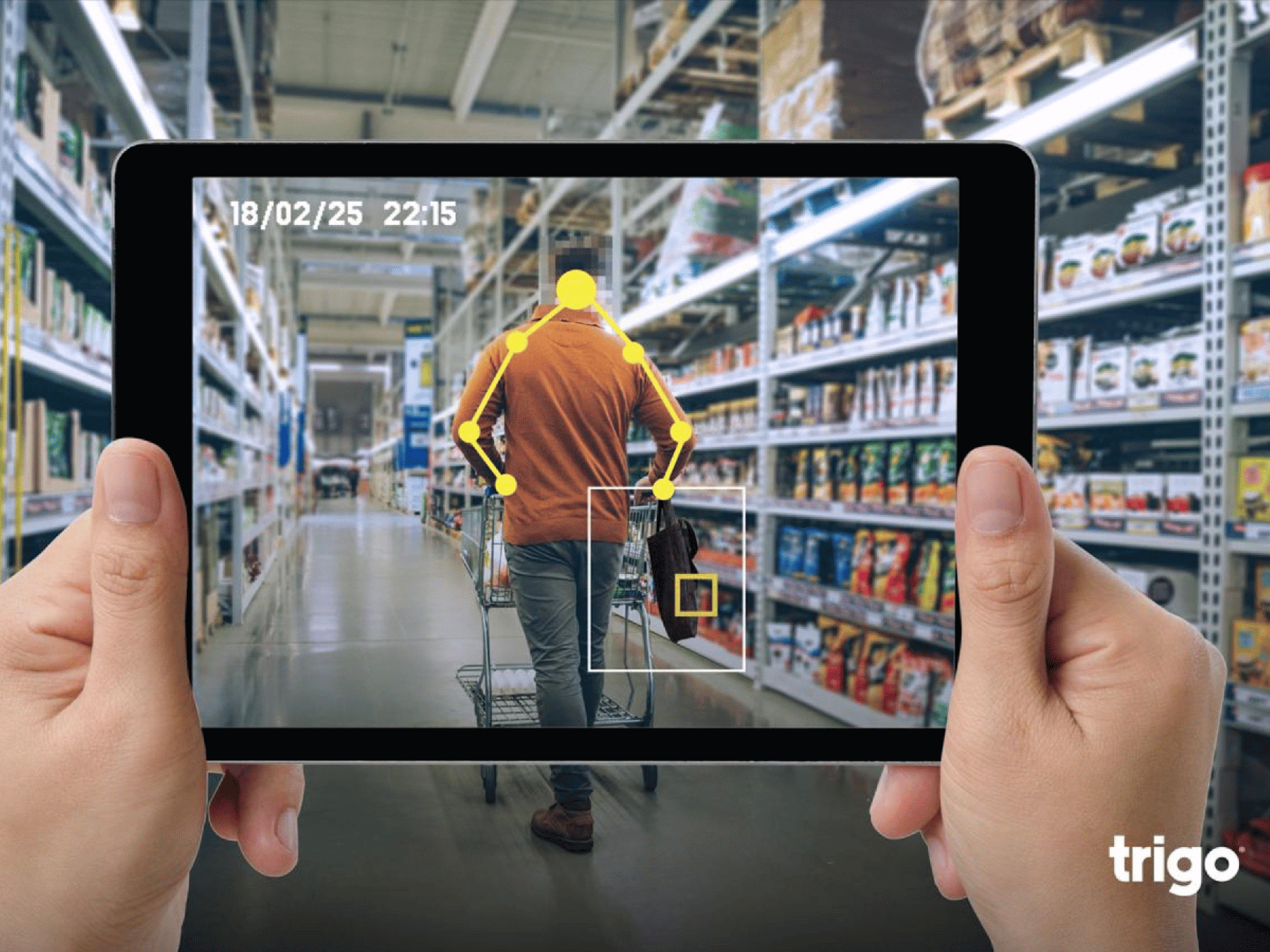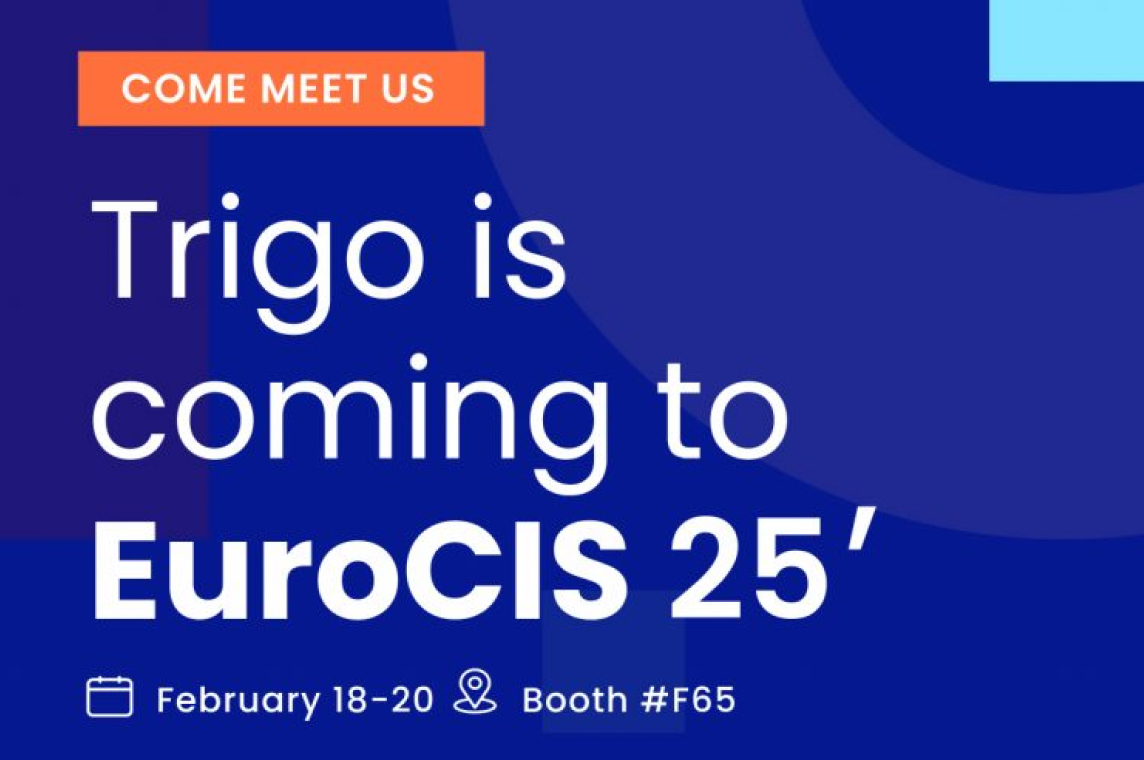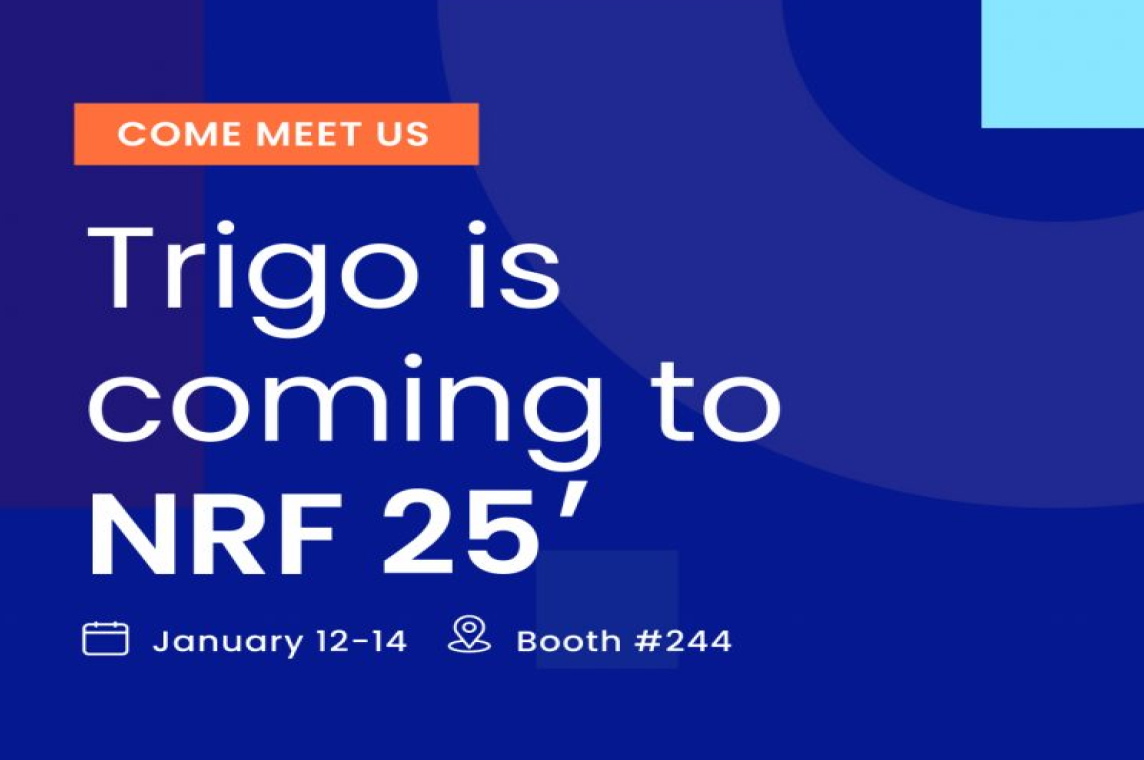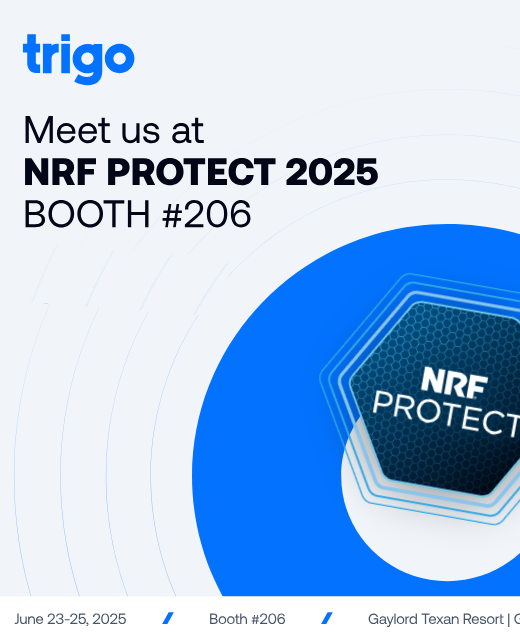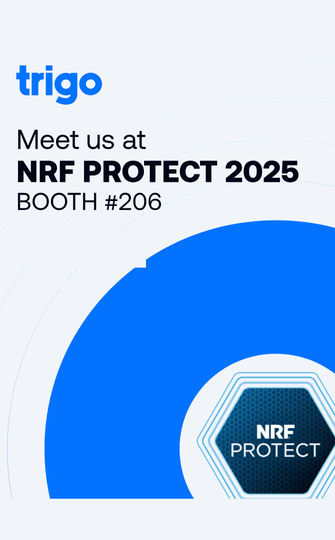Checkout lines cost money. It’s not an expense easy to measure, but take into account hidden costs such as abandoned carts, shoppers who steer clear during rush times, and checkout inefficiencies, to highlight just a few. More bothersome is the fact that long lines are damaging to shoppers’ experience and lead to frustration and lost customer lifetime value.
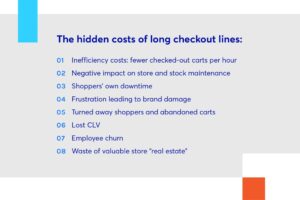
In a global survey ranking the biggest pain points shoppers experience in physical stores, responders ranked long checkout lines at the very top, followed by out-of-stock items. This was corroborated by a recent Capgemini research, which also found that 60% of consumers view automation as a solution to the long line problem and 48% believe it can also solve out-of-stock.
This is good news for retailers who are betting on automation. Recent years saw the world’s leading tier-1 grocery retailers and discounters allocate more attention and resources to store automation technologies to enhance the shopper experience and solve many inherent inefficiencies, chief among them being checkout lines and stock management. One such example is U.S. retail giant Walmart, which recently announced that by the end of 2026, the majority of its stores will have automation capabilities.
In an increasingly competitive retail environment, in which 41% of customers are willing to pay more for products if they can purchase them more quickly and conveniently, investment in automation is critical.
As shoppers continue to prioritize convenience, we are seeing greater interest in store automation by the end users. According to Capgemini, more than half of consumers have visited stores with automation technologies and are willing to shift their in-store purchases from a retailer with no automation technology in stores to a retailer that uses automation technology. Shoppers are voting with their wallets in favor of automated experiences. That same research found that retailers who have incorporated store automation technologies recorded increased customer visits, increased sales, and more time spent in the store.
“The bar is rising around customer expectations,” says Kai-Uwe Reimers, who heads research & innovation at REWE Digital, the technology arm of the German discounter. “Customers have less time, cost and effort are getting more important.” REWE also views store automation technologies as a way to offer superior customer experiences. In 2021/2022 REWE partnered with Trigo to test out and implement our computer vision-powered store automation solution. Unlike technologies such as robotic stock management, which automate specific tasks or experiences within the store, computer vision-powered automation offers wall-to-wall, data-driven automation.
“Computer vision will be at the core of the future store,” Mr. Reimers says. “It changes the supermarket workflow by introducing frictionless checkout which solves the biggest customer pain point in the store: standing in line. And second, computer vision changes the supermarket workflow in terms of logistics by providing real-time data.”
Use case: How retail automation tackles long lines, and much more
Recent years saw tremendous innovation and investment put towards reducing or eliminating lines in retail stores. In supermarkets, better layout and line management measures such as express checkout evolved into self-checkout counters. Other tech solutions such as smart carts and self-scanning began popping up at a number of stores in recent years.
All these innovations have a meaningful impact when reducing time spent on checkout lines, in certain cases even eliminating lines altogether. But there’s a catch. According to a recent IGD report, self-scanning and self-checkout technologies increase shrinkage issues for retailers. That same report found that computer vision-powered cashierless technology can achieve a significant reduction in shrinkage.
Computer vision-powered, fully frictionless shopping is an entirely unique customer experience. Trigo’s frictionless checkout solution is superior to self-checkout counters and scan-and-go devices because it delivers a truly frictionless experience and provides retailers with a level of visibility, control, and insight that these other solutions cannot. Computer vision-powered frictionless checkout helps retailers track inventory in real-time, minimize out-of-stock items, optimize store layout, and reduce shoplifting.
Use case: computer vision delivers better stock management
Store automation lays the technological infrastructure for data-driven predictive stock management. Computer vision technologies like the ones powering cashier-free checkout create a digital twin of your store that lets you see the full picture of your in-store inventory and capture real-time on-shelf availability. Plan your sales floor inventory requirements based on accurate in-store order projections and shopper preferences. Improve inventory turnover while reducing waste and cutting operating costs. Transform real-time shelf intelligence into actionable insights to continuously modernize processes and operations.
For retailers, the opportunity to gather a wealth of relevant insights and data, streamline workforces, reduce waste, and improve their profit margin is significant. Data-based insights can help retailers adapt store format, product range and display, and promotional activity.
Automatically applying real-time stock data to external insights on weather and supply chain delays could improve shelf availability, and even reduce waste. Since better stock management is strongly tied to better cost efficiencies, we can expect that retailers would be able to leverage these cost-cutting functionalities towards competitive prices for their customers.
The effect of store automation is not to replace employees with robots, but rather to elevate the shopping experience and streamline workforce and operation to support value-adding activities, such as ongoing stock management.

